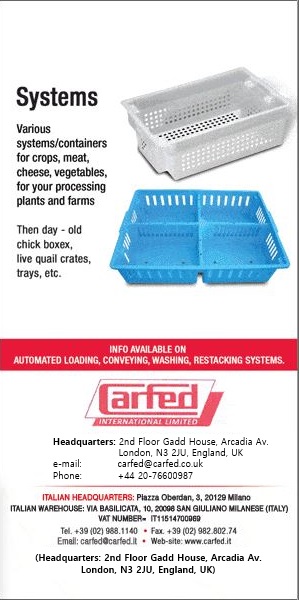A recent report has outlined how Zambia is using its robust maize stocks to fill a regional gap
The Reuters report said that supply problems are beginning to bite in southern Africa, pushing up futures maize prices and accelerating food inflation. South Africa is now importing maize to counter deficits due to export commitments, while Malawi, which recorded a series of bumper crops helped by subsidies, has suspended exports because of reported shortages. By contrast, Zambia, which is exporting to South Africa, Zimbabwe, DRC, Kenya, Mozambique, Botswana, Burundi and Namibia, feels it has enough stocks.
"We are monitoring the situation very carefully to ensure that we don't end up importing maize. I think we are standing on very firm ground in terms of food security," said Zambia's Agriculture Minister, Emmanuel Chenda. "We had more than one million tonnes of surplus maize. We decided to export 600,000 tonnes because we didn't have storage space and so far we have sold 200,000 tonnes.”
Analysts have voiced concern about the amount Lusaka is spending on maize purchases from farmers via the Food Reserve Agency, however. Brian Tembo, an Economics Association of Zambia analyst, said the government was buying the maize at above market prices and selling it at reduced prices. He said this meant the government was effectively using, "Treasury funds to subsidise the region."
Zambia harvested three million tonnes of maize in the 2010/11 season, from the 2.8mn tonnes the previous season. Zambia's maize season runs from October to August. Zambia's yields have been attributed to government subsidies to peasant farmers in the form of fertiliser and seeds. However, the crop ultimately depends on rain and the agriculture minister said that the 2011/12 season got off to a bad start because of erratic weather.
South African maize prices are around record highs and the country has so imported from Zambia and Romania, with producers saying imports of about 700,000 tonnes of white and yellow maize may be required to make up for shortfalls.
"There are some people that are getting desperate to try and find some maize. On the white maize side, we are definitely in for a very tough time between now and May," Jannie de Villiers, Grain SA's chief executive, told Reuters.
South Africa previously had a maize surplus, but new demand from outside of the region meant that the market overcommitted itself.









